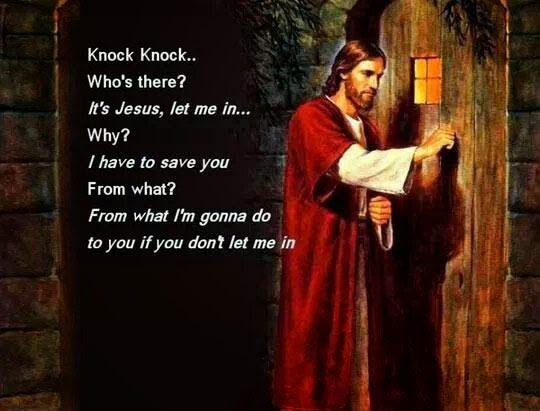Facing Alzheimer’s without a Net

By freeatlast ~ A s a child, I heard so many sermons, sang so many hymns about heaven, and although I would have never admitted it out loud, secretly I found the thought of streets of gold and endless praises to God dull, so I jazzed up heaven in my mind. I conjured place of endless chocolate ice cream; an amusement park with roller coasters and no lines; a place where I could ride my bike-- complete with banana seat and sissy bar --forever downhill. Despite the boring aspects, though, the idea of living forever without sickness or sadness was quite appealing, and as I became a devoutly Christian adult, trying to convince myself that singing endless praises to God would be AWESOME, the deep appeal of heaven still lay in the promise of happy immortality. This denial of death is the root of most religions. As the only animals aware of our mortality , religion is the preferred coping mechanism for most of us, the way we deal (or fail to deal) with the fundamental tragedy of exis...













